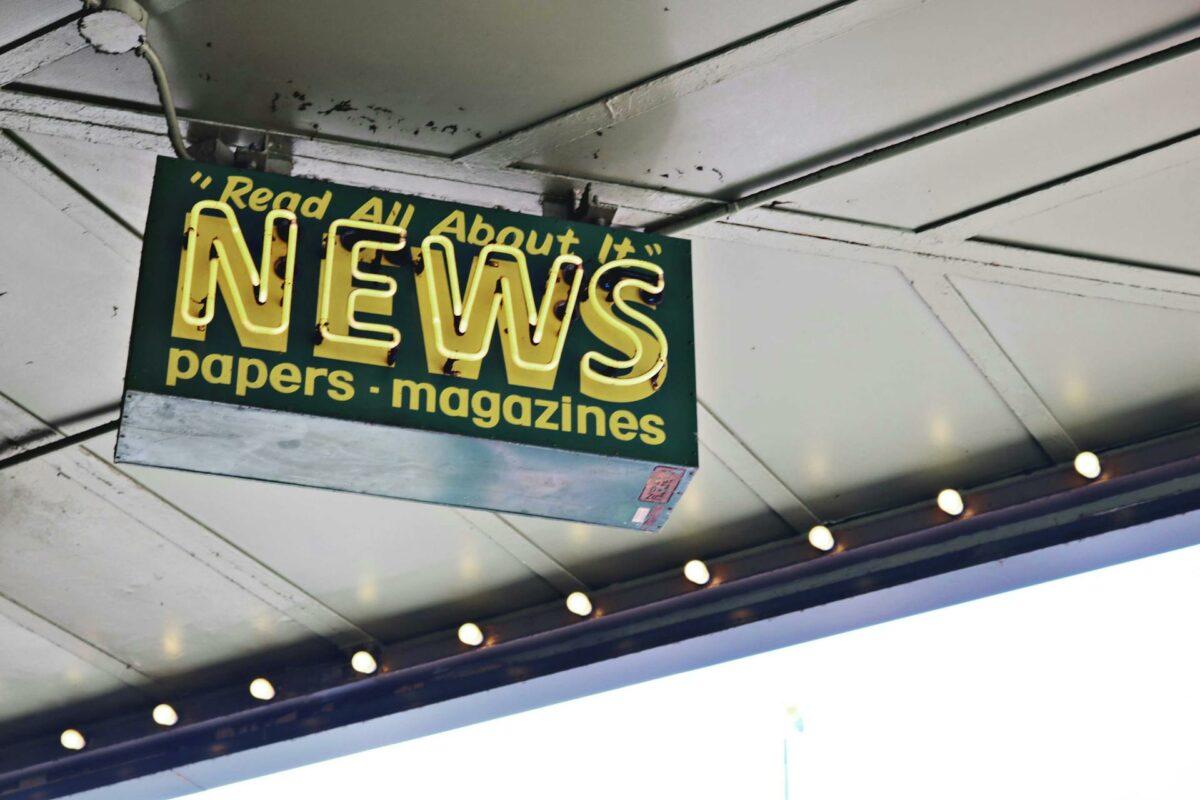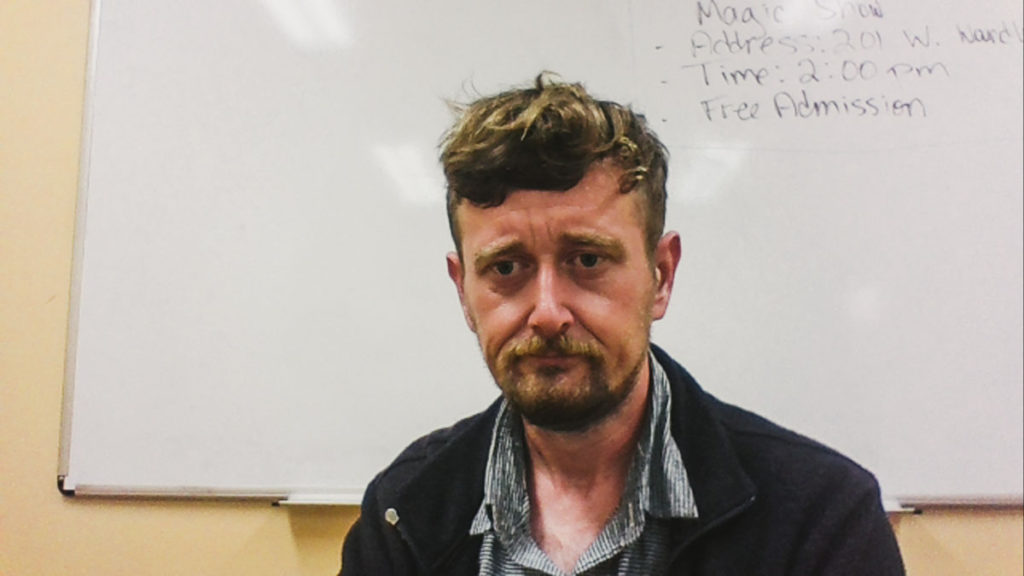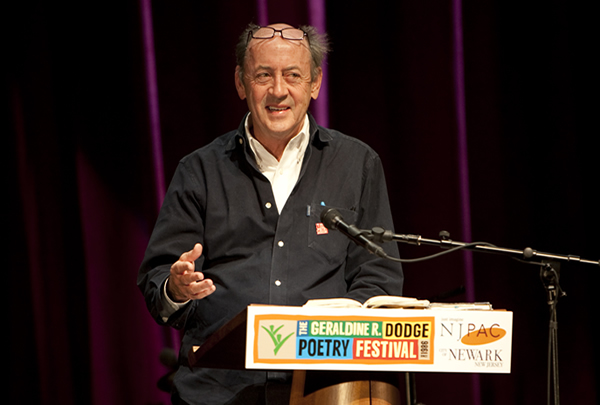A look at what is going on in the literary world outside our region.
If You Read a Lot of Fiction, Scientists Have Very Good News About Your Brain
Futurism discusses how reading fiction is not just a delightful pastime but also a workout for your brain. Researchers, including postdoctoral researcher Lena Wimmer, have found that diving into fictional worlds can have a statistically significant positive impact on cognitive functions. Their studies show that fiction readers often have better verbal skills, reasoning, abstract thinking, and problem-solving abilities. Moreover, they tend to be more empathetic, understanding others’ thoughts and emotions more deeply. So, if you love getting lost in a good novel, you’re also giving your brain a fantastic boost.
Claire Messud mixes truth and invention to tell her French Algerian family’s story
The LA Times paints a vivid picture of Claire Messud’s novel “This Strange Eventful History.” It’s a poignant family saga that spans over seven decades, tracing the lives of the Cassars, a French Algerian family. The story delves into their displacement following World War II and Algerian independence, exploring themes of love, loss, and identity. Messud’s narrative is said to be a masterful blend of personal and political, weaving the family’s intimate stories with the broader historical events that shaped their lives. It’s a tale that promises to be as heart-wrenching as it is beautiful, showcasing Messud’s talent for crafting deeply affecting literature.
Why We Love Time Travel Stories
Are you ready to delve into the enchanting genre of time travel fiction? Esquire highlights its unique ability to captivate readers with tales of adventure across different eras. It’s a celebration of how these stories stretch our imaginations, challenge our perceptions of time, and often offer a fresh perspective on historical events. Time travel fiction not only entertains but also invites us to ponder the what-ifs of history and the endless possibilities the future might hold. So, if you’re looking to embark on a literary journey through time, this genre is your ticket to an exhilarating adventure.
The Ministry of Time author Kaliane Bradley: ‘It was just so much fun’
You’re in for a treat with Kaliane Bradley’s debut novel, “The Ministry of Time”! It’s a thrilling ride that combines sci-fi excitement with the warmth of a romcom. The story revolves around a disenchanted civil servant in near-future London who falls in love with a Victorian Arctic explorer, Commander Graham Gore. Rescued from the past by a government experimenting with time travel, Gore and other “expats” navigate the complexities of modern life while being studied for their unique experiences. The novel tackles heavy themes like the British empire, climate change, and human morality, all while maintaining a sense of fun and adventure. It’s a seriously smart page-turner that’s also a heartwarming love story. Isn’t that just the perfect blend for a cozy reading session?
Jerome Rothenberg, Who Heard Poetry Beyond the West, Dies at 92
Jerome Rothenberg, a transformative figure in poetry, passed away at the age of 92. Renowned for his pioneering work in ethnopoetics, Rothenberg introduced readers to a vast array of poetic traditions from around the globe, far beyond the Western literary mainstream. His seminal anthology, “Technicians of the Sacred,” brought to light the rich tapestry of Indigenous and non-Western poetic forms, from oral traditions to ritual performances. Rothenberg’s expansive view of poetry as a diverse and vibrant art form has left an indelible mark on world literature, influencing not just poets but also musicians like Nick Cave, Jim Morrison, and Warren Zevon. His legacy continues to inspire a deeper appreciation for the universal power of poetry.
From Titian to Alex Katz, artists and poets have long enjoyed a symbiosis
The Art Newspaper explores the enduring relationship between visual artists and poets, a symbiosis that has thrived since the Renaissance. It highlights how artists like Titian and contemporary figures such as Alex Katz have drawn inspiration from poetry to create works that transcend the visual medium, engaging with the lyrical and narrative qualities of the written word. This interplay between text and image is shown to enrich both art forms, allowing for a deeper exploration of themes and emotions, and offering audiences new ways to experience and interpret creative expressions.






